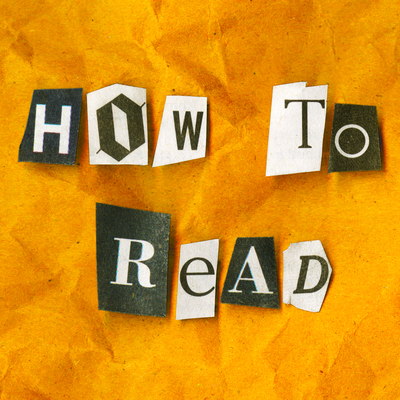Why do we click with some works of art and not others? Why does it bother us when we feel deeply connected to a song, painting, movie or book that our friends don’t connect with? Rita Felski uses the word attunement for this process of “clicking”, and she’s interested in how unpredictable it is. It’s tempting to try and predict in advance what art you will or won’t attune to, but it’s important to remember that art always has the potential to surprise you – even years after you first experience it.
Tag: time
For many people, binge-watching is a guilty pleasure. In the Golden Age of Television, we might feel guilty because great tv shows deserve to be watched slowly and thoughtfully, not rushed through. If we’re just watching for what happens next in the story, we’ll probably miss out on subtler kinds of artistry. But Michaela Bronstein wants to defend bingeing, and points out that people had similar worries a hundred years ago about the novel: concerns about binge-reading then and binge-watching today reflect a shift from viewing each medium as just entertainment to viewing it as high art.
It’s hard to find time for undistracted reading, and it’s easy to blame modern developments like digital technology. But Christina Lupton says that people have been feeling this way for more than 200 years. For centuries, people have been struggling to balance a desire for undistracted reading with their professional and family duties. By studying past struggles to make time for reading, we can pick up strategies to apply in our own lives – and understand why finding time for reading is not just a personal but a political issue.
We live in a world with a long history of atrocity — from the colonization of the Americas to the Japanese massacre at Nanking. Our guest Bruce Robbins is curious about how these past atrocities show up in novels. In our conversation today, he focuses on how the novel plays with time. By paying attention to these shifting timelines, Bruce suggests that readers can begin to imagine a more just future.
